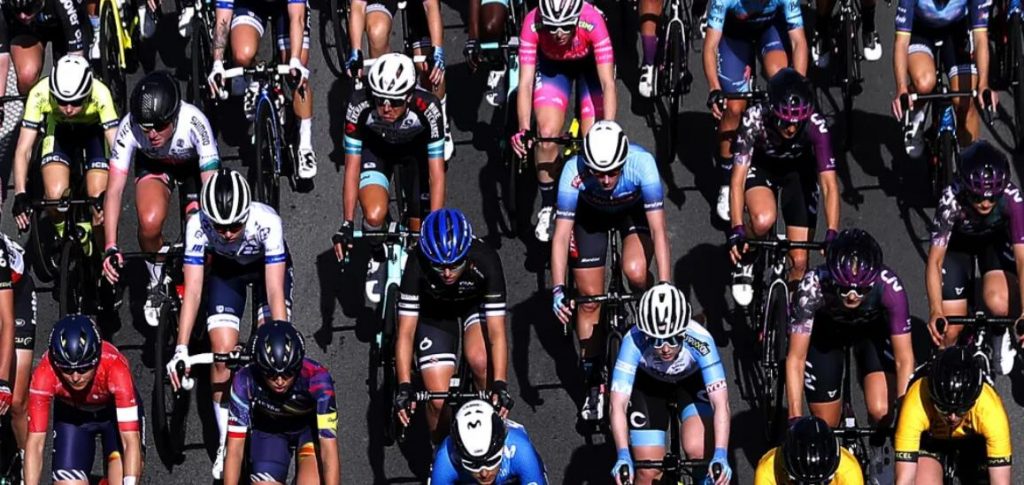
Amid the intense global debate surrounding the inclusion of transgender women in elite women’s sports, competitive fairness and inclusion seem starkly different. Forging a path forward for sport’s governing bodies will never be easy, especially when the academic and scientific communities find themselves so divided.
A recent review of the scientific literature on transgender female athletes in elite sports by the Canadian Center for Sports Ethics (CCES) has been condemned by outraged social media viewers and academics.
In response to our coverage of the CCES report, Cycling Weekly learned that a small group of academics took issue with the censorship and published a public response titled “When ideology trumps science” on Malmö University’s idrottsforum.org. is a non-reviewed, open access online journal of sports research.
They felt compelled to comment because they claimed that the CCES review was “yet another attempt to change the concept of our sport to promote the inclusion of transgender women in the women’s category.” They were concerned that something was threatening the integrity of women’s sport.

“CCES does not provide us with a reason to include [transgender women] in the female category. Instead, they offer two lines of attack aimed at overturning the commonly held view (in the scientific community and the public) that male bodies are average and language has a biological advantage over women,” they argued.
“The CCES review is yet another attempt to replace substance-based eligibility criteria in sport with ‘social status’ as a passport to inclusion.”
Slamming the CCES report as “totally unscientific” and “misleading,” academics set out to refute the 86-page report while drawing some powerful conclusions about trans women in their own elite movement.
More Stories
British bike company Planet X rescued after sale to private equity
Is the bike industry divided over new tire and rim size regulations?
Remco Evenepoel retakes Giro d’Italia lead with a second over Geraint Thomas in stage nine time trial